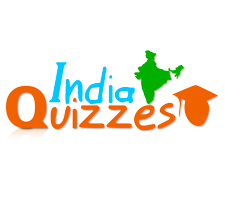The 2014 Nobel Peace Prize was shared, in two equal parts, between Kailash Satyarthi andMalala Yousafzai “for their struggle against the suppression of children and young people and for the right of all children to education”.
Satyarthi is a Hindu from India, the seventh person from his country to win a Nobel Prize and the second to win the Peace Prize after Mother Teresa, while Yousafzai is a Muslim from Pakistan, the second Nobel Prize winner from her country afterAbdus Salam, the forty-seventh woman to win the Nobel Prize, and at the age of 17 years, the youngest winner of a Nobel Prize in any field.
| Category | Names of Winners (Countries) | Reason/Contribution |
| Physics | Isamu Akasaki (Japanese), Hiroshi Amano (Japanese), Shuji Nakamura (Japanese-American) |
For the invention of “efficient blue light-emitting diodes which has enabled bright and energy-saving white light sources.’ |
| Chemistry | Eric Betzig (American), Stefan W. Hell (German), William E. Moerner (American), |
For the development of super-resolved fluorescence microscopy |
| Medicine and Physiology | John O’Keefe (American-British), May-Britt Monser (Norwegian), Edvard I. Monser (Norwegian) |
For the discoveries of cells that constitute a positioning system in the brain |
| Economics | Jean Tirole (French) | For his analysis of market power and regulation |
| Literature | Patrick Modiano (French) | For the art of memory with which he has evoked the most ungraspable human destinies and uncovered the life-world of the occupation |
| Peace | Kailash Satyarthi (India), Malala Yousafzai (Pakistan) |
For their struggle against the suppression of children and young people and for the right of all children to education |



